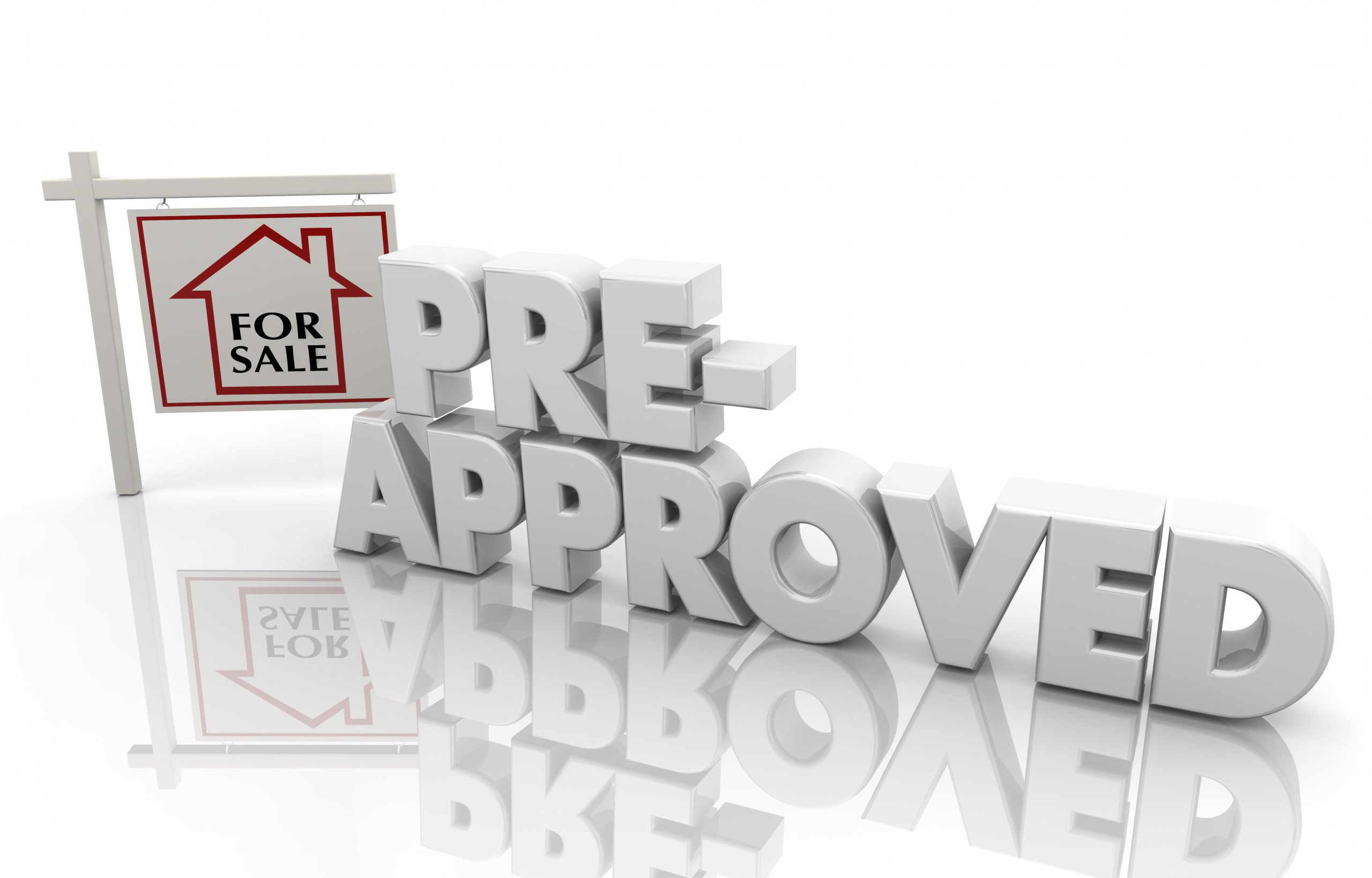Buying a home is one of the biggest financial decisions you’ll ever make—and while it’s…
Fixed vs. Variable Rate Mortgages Explained
When it comes to choosing a mortgage, one of the most important decisions you’ll make is whether to go with a fixed rate or a variable rate mortgage. Each has its advantages—and understanding the difference can save you thousands of dollars over the life of your loan.
In this post, we at Rapid Home Loan break down both options so you can make an informed decision based on your financial goals, lifestyle, and risk tolerance.
💡 What Is a Fixed Rate Mortgage?
A fixed rate mortgage has an interest rate that stays the same for the entire term of the mortgage—whether that’s 1, 3, 5, or even 10 years. Your monthly payments will remain consistent, no matter what happens to market interest rates.
✅ Pros of Fixed Rate Mortgages:
-
Stability: Your payment amount won’t change, making budgeting easier.
-
Protection from rate increases: Even if market rates go up, your rate stays locked in.
-
Peace of mind: Especially helpful if you’re risk-averse or on a fixed income.
❌ Cons of Fixed Rate Mortgages:
-
Higher initial rate: Fixed rates tend to start higher than variable rates.
-
Less flexibility: Breaking a fixed mortgage early can come with higher penalties.
💡 What Is a Variable Rate Mortgage?
A variable rate mortgage (also known as an adjustable rate) has an interest rate that can fluctuate over time, typically based on your lender’s prime rate. Your payments may change as market rates rise or fall.
✅ Pros of Variable Rate Mortgages:
-
Lower initial rates: Often lower than fixed rates, which means lower payments at the start.
-
Potential savings: If interest rates stay low or decrease, you could pay less overall.
-
Short-term flexibility: Often ideal if you plan to sell or refinance within a few years.
❌ Cons of Variable Rate Mortgages:
-
Uncertainty: Your payments could increase if interest rates rise.
-
Risk: Not ideal if you have little room in your budget for higher payments.
-
Harder to budget: Payments may change from year to year.
🆚 Which One Is Right for You?
Here’s a quick breakdown to help guide your decision:
| Choose Fixed If You… | Choose Variable If You… |
|---|---|
| Value predictability and stability | Are comfortable with risk and want lower upfront rates |
| Plan to stay in your home long-term | May sell or refinance in the near future |
| Expect interest rates to rise | Think interest rates will stay the same or drop |





